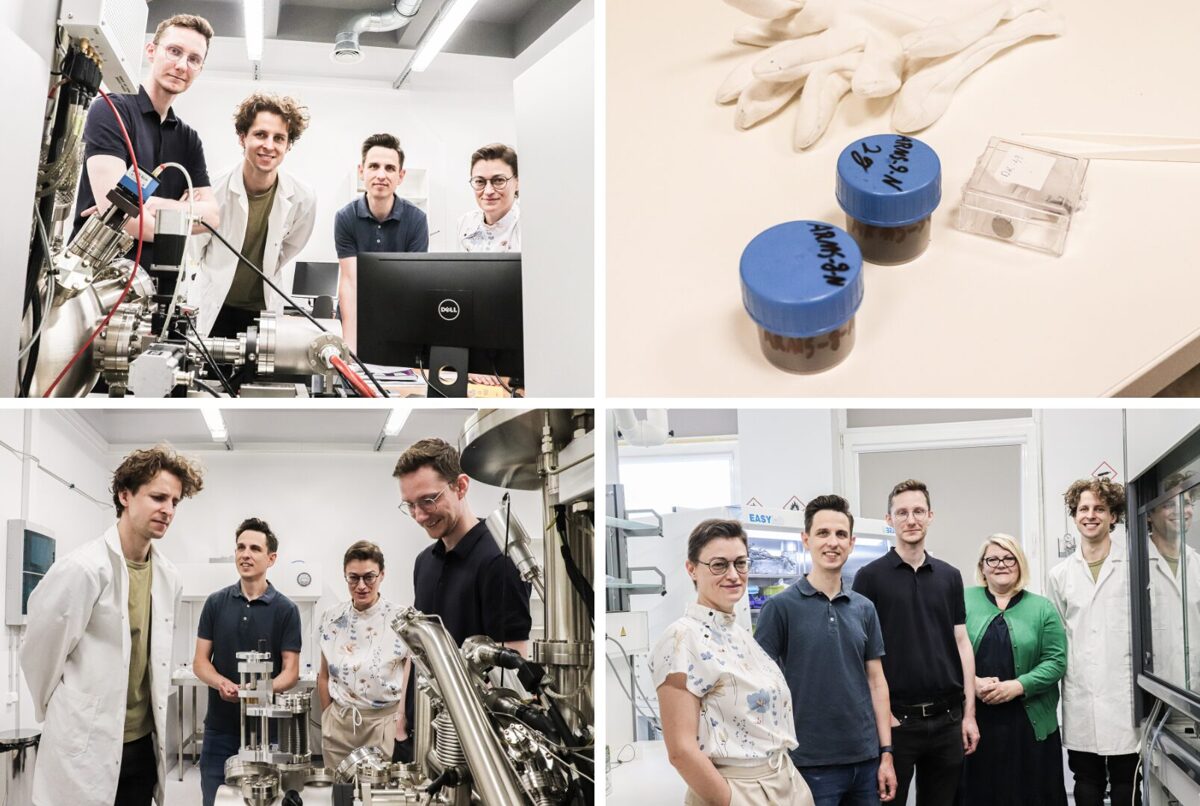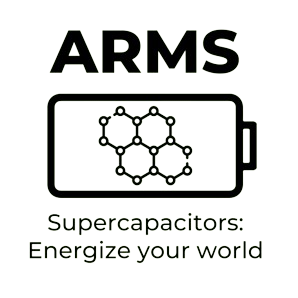Advancing energy storage: the role of the ISSP UL in the ARMS project

The Institute of Solid State Physics, University of Latvia (ISSP UL) is an internationally recognized leader in materials science, specializing in solid-state physics, materials science, and nanotechnology. The ISSP UL fosters interdisciplinary collaboration among physicists, chemists, and engineers, all while being equipped with state-of-the-art laboratories and facilities that drive innovative research and the development of new materials. Moreover, ISSP UL is committed to educating future scientists and facilitating partnerships with industry, thereby advancing technology and knowledge in solid-state physics at both local and international levels.
Central to implementing the ARMS project at ISSP UL is the Energy Materials Laboratory, which focuses on advancing knowledge and technologies in lithium and sodium batteries, as well as supercapacitors. This work addresses pressing issues related to climate neutrality, energy provision, and sustainable solutions.
ISSP UL leads Work Package 1 (WP1), which is dedicated to synthesizing raw graphene-containing carbon-based electrode materials. In addition to research endeavors, the institute oversees communication and dissemination activities under WP7, ensuring that project developments are effectively shared.
The dedicated team at ISSP UL working on the ARMS project consists of five members. Under the leadership of Dr. Gints Kučinskis, the Energy Materials Laboratory drives the scientific tasks within WP1. The team includes researcher and Ph.D. student Dāvis Kalniņš, research assistant Roberts Palmbahs, and structural characterization expert Dr. Līga Grīnberga. Inese Jansone, a specialist in scientific communication from the ISSP UL Development Department, manages ARMS project communication and dissemination efforts.
ISSP UL’s expertise encompasses the electrochemical and structural characterization of supercapacitor materials, supported by advanced resources such as an electrochemistry lab with over 75 test channels and equipment for ALD, SEM, XRD, XPS, TEM, and Raman spectroscopy. The research within the ARMS project is focused on developing graphene-containing carbon-based electrode materials for efficient supercapacitors. The ISSP UL’s team is committed to creating innovative carbon materials that will be further transformed into high-performance electrodes, ultimately integrated into the ARMS supercapacitor.
Collaboration with INNOCELL and the Latvian State Institute of Wood Chemistry allows ISSP UL’s team to analyze the structure and electrochemical properties of electrode materials in partnership with researchers from Tampere University. WP1 actively analyzes samples and holds meetings with other ARMS partners every three weeks to discuss project progress. WP1 activity within the project spans three years. Currently, almost one-third of the tasks are complete.
To date, we have successfully developed synthesis techniques in collaboration with our partners and established the materials needed for the project. WP1’s goal, along with our colleagues', is to optimize and improve the materials further, aiming to produce them in larger quantities by the third year.
